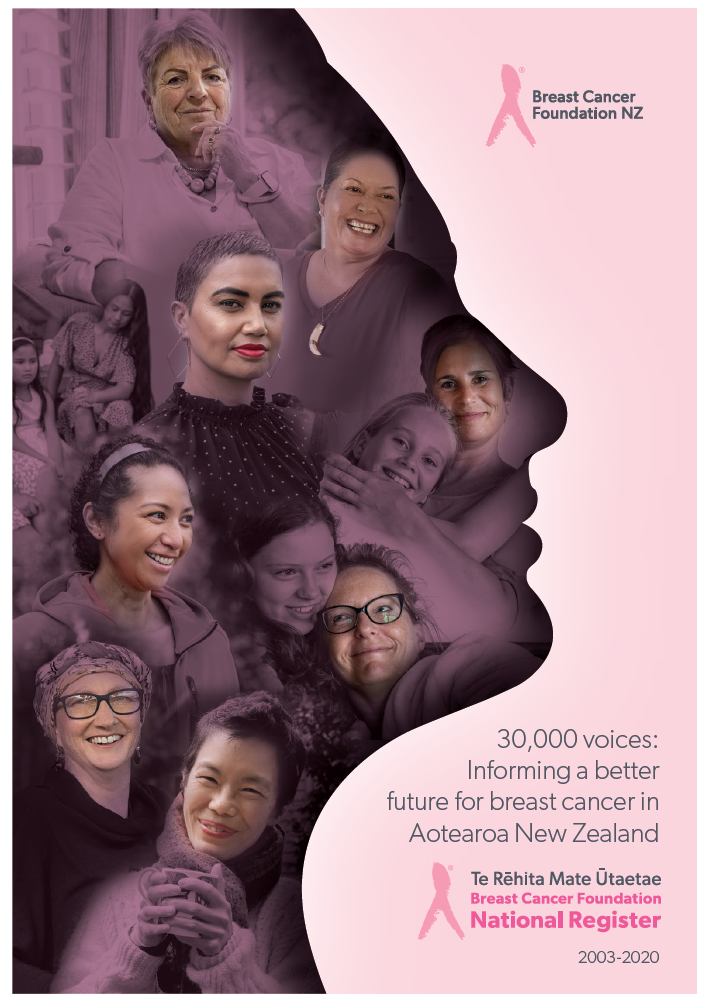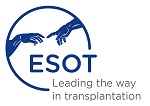Dendrite Clinical Systems’ innovative “Intellect Web” software collecting COVID-19 data
 Dendrite Clinical Systems’ innovative “Intellect Web” software has been utilised by several national and international organisations to establish web-based registries to collect data from patients with COVID-19.
Dendrite Clinical Systems’ innovative “Intellect Web” software has been utilised by several national and international organisations to establish web-based registries to collect data from patients with COVID-19.
“Our flexible software has been adapted and utilised across an array of specialities and clinical settings to investigate and record COVID-19 symptoms by teams of international researchers all over the world,” said Dr Peter Walton, Managing Director of Dendrite Clinical Systems. “As a company, we are working with our healthcare partners to enable them to record and report vital patient data and find different treatment strategies to help patients and healthcare systems overcome this devastating virus.”
The company is currently working with an international group of 17 leading diabetes experts from the multidisciplinary Diabetes Surgery Summit (DSS), as part of the CoviDiab project, which is collecting new cases of diabetes in patients with COVID-19. The aim of the CoviDiab Registry is to understand the extent and the characteristics of the manifestations of diabetes in patients with COVID-19, and the best strategies for the treatment and monitoring of affected patients, during and after the pandemic.
Dendrite is also working with the Institute for Health Research (IGES, Berlin) on the Outpatient Treatment of COVID-19 Infections (ABC-19) study that is recording data on treatment of COVID-19 patients to discover more about outpatient course of COVID-19. Study will help establish evidence-based guidelines for outpatient treatment, leading to improved outcomes & prevent unnecessary hospital admissions. Registry collects data from patients using smartphone/tablets via Dendrite’s e-PROMS module (patient-reported outcome measures) allowing patients who are isolating to remotely enter their data directly into the registry at their own convenience – 1st data are expected at the end of 2nd quarter of 2021.
Last year, our software was used in the Finding Out if COVID-19 Infection Can be pREdicted by ChAnges in Smell and/or Taste (FORECAST) study, led by Professor Rachel Batterham from the University College London and the University College London Hospitals NHS Foundation Trust, London, UK. The outcomes from the FORECAST study was the first to confirm that the loss of smell and/or taste are highly-reliable indicators that someone is likely to have Covid-19. The study also utilised our ePROMs software to collect data directly from patients.
Dendrite can provide you with a clinical software solution to help you collect your #COVID-19 data. Contact us today to learn more.
 Dendrite Clinical Systems and the Society for Cardiothoracic Surgery in the UK are pleased to announce the SCTS Conference News 2022 newspaper is now available to view/download. The newspaper reports a multitude of presentations from the meeting including the latest and the best information on new technologies and techniques in cardio-thoracic surgery.
Dendrite Clinical Systems and the Society for Cardiothoracic Surgery in the UK are pleased to announce the SCTS Conference News 2022 newspaper is now available to view/download. The newspaper reports a multitude of presentations from the meeting including the latest and the best information on new technologies and techniques in cardio-thoracic surgery. Researchers led by the Clinical Research Unit at the Special Unit for Biomedical Research and Education (SUBRE), Aristotle University of Thessaloniki School of Medicine, Greece, have initiated a randomised control trial (RCT) that will compare minimally invasive extracorporeal circulation (MiECC) with conventional cardiopulmonary bypass (cCPB).
Researchers led by the Clinical Research Unit at the Special Unit for Biomedical Research and Education (SUBRE), Aristotle University of Thessaloniki School of Medicine, Greece, have initiated a randomised control trial (RCT) that will compare minimally invasive extracorporeal circulation (MiECC) with conventional cardiopulmonary bypass (cCPB). Dendrite Clinical Systems, working in close cooperation with the SCTS and several cardiac centres, has developed a series of ‘Dashboards’ that allow users to access to their unit’s surgical outcomes and compare them to national results in real-time. By uploading their data to the central Dendrite National Cardiac Surgical Registry, individual units or centres can instantly benchmark their results via an on-line database for internal consumption to assist units with their own clinical governance and for auditing purposes.
Dendrite Clinical Systems, working in close cooperation with the SCTS and several cardiac centres, has developed a series of ‘Dashboards’ that allow users to access to their unit’s surgical outcomes and compare them to national results in real-time. By uploading their data to the central Dendrite National Cardiac Surgical Registry, individual units or centres can instantly benchmark their results via an on-line database for internal consumption to assist units with their own clinical governance and for auditing purposes. Dendrite Clinical Systems is delighted to announce the first ever report from New Zealand’s Te Rēhita Mate Ūtaetae - Breast Cancer Foundation National Register. The ground-breaking report, titled, “30,000 voices: Informing a better future for breast cancer in New Zealand,” covers 30,000 patients diagnosed from 2003 to 2019.
Dendrite Clinical Systems is delighted to announce the first ever report from New Zealand’s Te Rēhita Mate Ūtaetae - Breast Cancer Foundation National Register. The ground-breaking report, titled, “30,000 voices: Informing a better future for breast cancer in New Zealand,” covers 30,000 patients diagnosed from 2003 to 2019. The European Society for Organ Transplantation (ESOT) has signed an agreement to develop a series of web-based registries on organ
The European Society for Organ Transplantation (ESOT) has signed an agreement to develop a series of web-based registries on organ 


